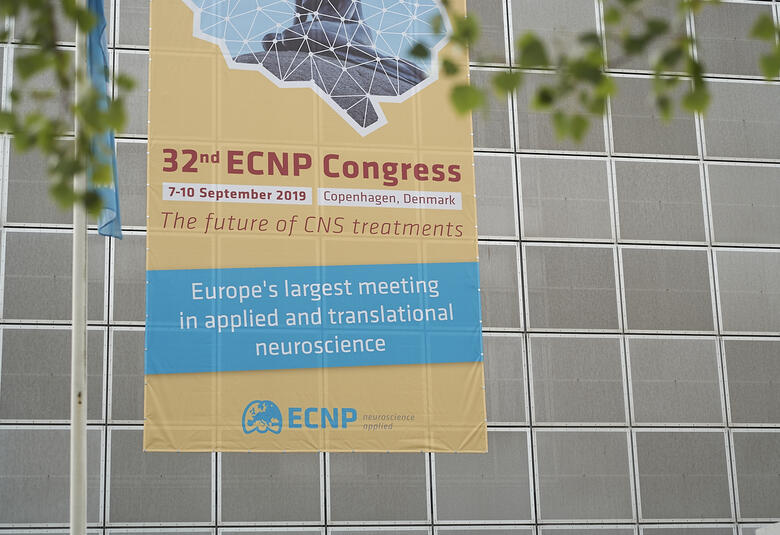
Highlights of an interview with Dr Ofer Agid of the Department of Psychiatry at the University of Toronto, Canada
As delegates began arriving in Vienna, our correspondent caught up with Dr Ofer Agid of the Department of Psychiatry at the University of Toronto, Canada. Much of his work focuses on caring for young patients and those experiencing their first episode of schizophrenia. Dr Agid describes himself as an optimist with a deep interest in patient stories and a desire to help tackle often ‘invisible’ illnesses with a major impact on patient lives. Here we distil the highlights of an interview on caring for patients with schizophrenia, the full version of which are available to view on the on-line educational platform psychiatryspeaks.com.
What for you are the most important long-term treatment goals that allow patients to live a meaningful life?
From my own experience, the first stage of psychosis or schizophrenia is generally a highly treatable condition. Yet in the longer-term many patients don’t do so well. This has led to the clinical notion that there is an inevitable downward trajectory in schizophrenia and that in some regards this is a neuroprogressive disease. And yet the condition doesn’t ‘behave’ like a neuroprogressive disease – neurologically or in terms of cognitive functional changes over time.
Relapses seem to be an important factor in deterioration. It is particularly difficult when a patient who has responded well to their first trial of treatment then relapses and doesn’t then respond as well to therapy. It can be hard for that patient not to be able to regain the same level of response - function-wise and relationships-wise.
For these reasons – a major goal of long-term treatment has to be prevention of relapses – so that patients can lead fulfilling, meaningful lives.
There is cost to relapse beyond the economic burden it poses. It is costly for the brain. Responsiveness to treatment seems to diminish after each relapse.
Relapses can have many causes but a major factor is treatment adherence. Our programme of care works to a psychopharmacological algorithm that tries to identify the 25% or so of patients who aren’t going to respond well to treatment as well as helping those who do respond to treatment avoid relapses. For patients finding it hard to adhere to daily treatment, long acting injectable therapy may offer an option.
What do you feel about the prognosis for patients with schizophrenia?
I am not sure if we really have an idea of the real prognosis in schizophrenia – that is to say we do know the outlook when disease is untreated and there are multiple relapses and we know the outlook when there is heavy use of street drugs – but we have less experience of the prognosis that could be, if we got everything right for an individual patient.
The real prognosis should be that there is hope and anecdotally we know from patients who succeed in being really adherent that there is a very great potential.
How important is the way you communicate with patients?
Communication is key and it’s not just with patients but also communication with parents, family and caregivers. We want patients to have autonomy and freedom and not feel coerced into treatment plans. It is a fine balance.
Right from the initial diagnosis it is important to give news and information about as part of a gradual process. It is good if patients and their carers co-opt into the idea that this is a condition where ‘too much dopamine is bad for the brain’ and should be avoided. Helping them understand the condition in this way can make it easier to then accept the rationale for treatments and the importance of treatment adherence.
The views and opinions expressed on this page do not necessarily reflect those of Otsuka Lundbeck


